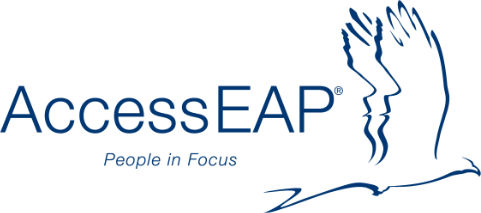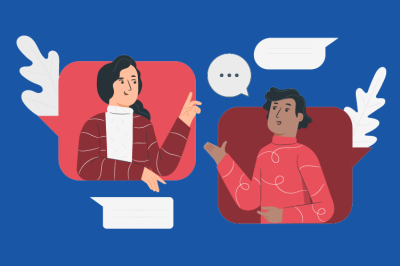
Building Positive Relationships
Humans are herd animals. We like to hang out together, share our experiences and talk through our decisions. Spending time with others can enrich how we view the world, build our confidence, provide emotional support, and can just be plain fun!
Yes, there are certainly lots of individual differences in how much time we like to be with others. But, overall, if we become socially isolated and feel lonely, it has a detrimental impact on our mental health.
The importance to us of enjoying positive relationship is acknowledged by Positive Psychology, where constructive relationships is one of the six elements that support a happy, flourishing life. These six elements, represented by the letters PERMAH (Positive emotions, Engagement, Relationships, Meaning, Accomplishment and Health) are taught around the world to help people lead satisfying meaningful lives.
The six attributes that support a flourishing life don’t just happen by themselves. The integration of them into the way we live can take effort and an ongoing commitment until they become second nature to us to cultivate them on a daily basis.
This is certainly true of friendships. Friendships, indeed any positive relationships at work or outside of it, take time and effort to cultivate. If, in the busyness of life, we continually ignore others or give them minimal attention, don’t make time for positive interactions, and keep to ourselves, then it’s much less likely we will experience positive relationships. On the other hand if we take a moment to greet others, check in with them, share something of ourselves and listen empathetically we are creating the foundations of a strong supportive network.
It's important to remember that building positive relationships will, inevitably, come with difficulties. All relationships, no matter how positive they are, will have their ups and down. The question then comes – what do we do? When do we take the time and effort to try to repair the relationship? The outcome might be that we come out the other side having established greater insight into the other person and ourselves, along with a better understanding of what we value in the relationship. Or do we decide the relationship is actually damaging us, and we move away from contact with the other person.
There is no metric we can use to decide this. It’s something we must weigh up. We can ask:
- Is the person constantly overstepping boundaries that I have set with them?
- Are they trying to change me in a way that doesn’t feel right?
- Is it one sided, with me putting in most of the energy, and little coming back from them?
- Is the person sharing information about me with others without my permission?
- Are they acting in ways that hurt me? Or not apologising when they do hurt me?
If you answer yes to a number of these questions it might be time to reconsider this relationship as it may be harming rather than helping you.
Because questions of how to overcome difficulties in making friends and how to navigate difficult relationships can be quite complex, talking with a professional can be very rewarding. If these are questions that are on your mind, take the plunge and call us on 1800 818 728.
Feeling supported by people you trust is a vital element of a happy life.
Stephen Malloch
Illustration by storyset on Freepik



